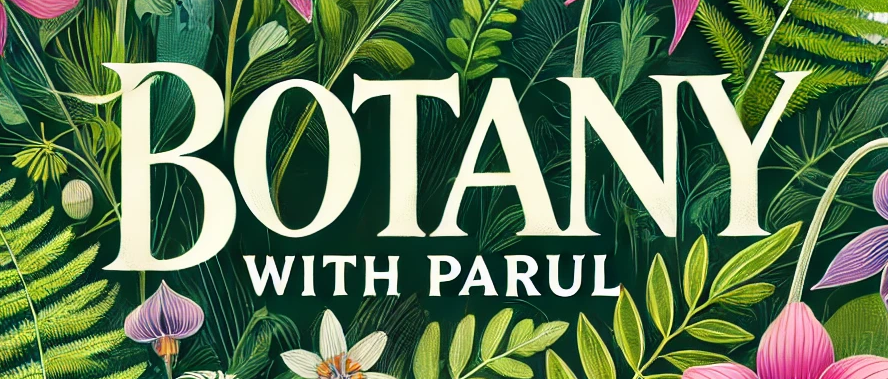Visualizing Life in Motion: A New Era of Plant Science Introduction Plants are extraordinary organisms that constantly reshape themselves throughout life — generating new organs, responding to their environment, and healing wounds. Traditional plant biology techniques often relied on studying static, preserved samples — but plants are dynamic. Their tissues grow, their cells divide asymmetrically, READ MORE
Plant Phenotyping Using Artificial Intelligence and Machine Learning
The New Age of Crop Research and Smart Agriculture In the modern era of agriculture, where challenges like climate change, population growth, and resource scarcity loom large, developing climate-resilient, high-yielding, and sustainable crops has become a global priority. One key to achieving this is understanding plant phenotypes — the visible characteristics of plants shaped by READ MORE
Alternative Proteins: Farming the Future of Food
The global food system is at a turning point. With population growth soaring, climate change intensifying, and environmental resources becoming increasingly strained, traditional livestock farming is no longer a sustainable solution for meeting the world’s growing demand for protein. Against this backdrop, a quiet revolution is underway—one that reimagines how we produce protein, what we READ MORE
Agricultural Robotics: The Future Workforce of Farms
The agricultural industry stands on the brink of a transformation unlike any before. While past revolutions were driven by the plow, irrigation, and chemical inputs, today’s revolution is digital and autonomous. At the heart of this change is agricultural robotics—a field that merges engineering, computer science, and plant sciences to automate and optimize virtually every READ MORE
Aquaponics: The Sustainable Symbiosis of Fish and Food
As global populations rise and environmental pressures intensify, the demand for sustainable, efficient food production methods has never been more urgent. Aquaponics, a beautifully efficient system that merges aquaculture (raising fish) with hydroponics (growing plants in water), is emerging as one of the most promising answers to that demand. By creating a closed-loop ecosystem where READ MORE
Biopesticides: Nature’s Answer to Sustainable Crop Protection
Modern agriculture stands at a crossroads. On one hand, it must meet the rising global demand for food. On the other, it must do so without causing irreversible harm to ecosystems and human health. One of the key concerns in intensive farming is the widespread use of synthetic chemical pesticides. While these chemicals have undoubtedly READ MORE
The Rise of Biofertilizers: Cultivating a Greener Future in Agriculture
Introduction: A New Path Toward Sustainable Farming In the past few decades, agriculture has undergone a profound transformation, but perhaps none more urgently needed than the shift toward sustainability. As global food demand increases and climate change accelerates, traditional agricultural systems built on chemical fertilizers and pesticides are proving to be unsustainable—both environmentally and economically. READ MORE
Regenerative Agriculture: Healing the Soil, Healing the Planet
In an era defined by environmental instability and ecological crisis, a quiet revolution is taking root—one that doesn’t rely on cutting-edge technology or futuristic inventions, but rather, on returning to the wisdom of nature. Regenerative agriculture is that revolution. It is more than a buzzword or passing trend; it is a profound shift in how READ MORE
Rooted in Space: Could Gardens Be the Key to Human Survival on Mars and Beyond?
As space agencies and private companies set their sights on Mars and beyond, one pressing challenge stands out—how to support human life on long-duration space missions. While rockets, propulsion, and life-support systems often steal the spotlight, a quieter revolution is taking root in orbit: space gardens. These miniature agricultural experiments may hold the key to READ MORE
NASA Plant Experiments: What We Have Learned So Far
As humanity extends its reach into the cosmos, the question of how to sustain life beyond Earth has become increasingly urgent. Central to that question is the role of plants—not just as a food source, but as oxygen generators, carbon dioxide scrubbers, water purifiers, and even psychological comfort for astronauts living in isolated, confined environments. READ MORE










